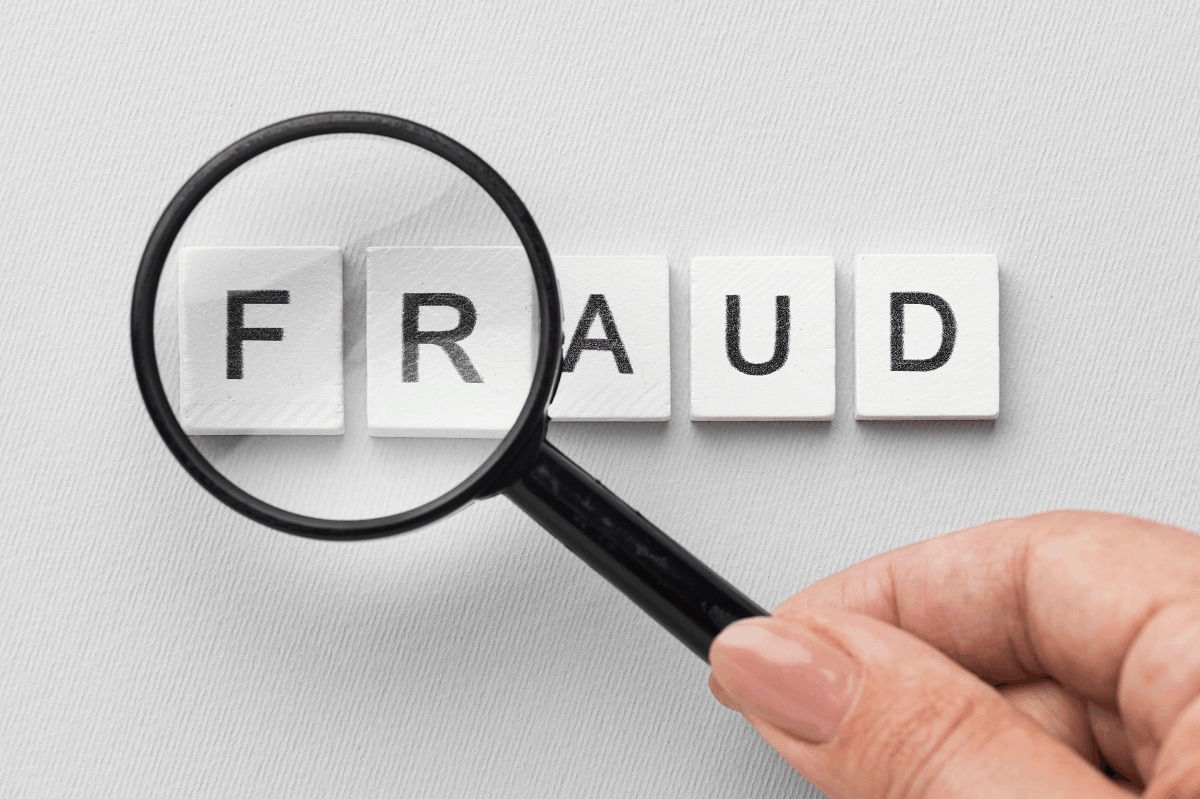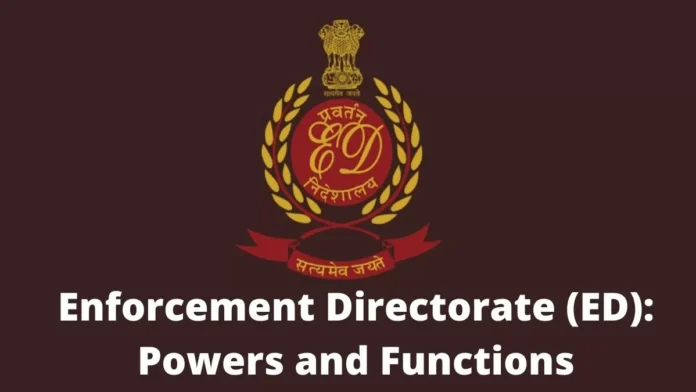ED Probes ₹168 Crore Fraud at Dnyanraddha Multistate Co-operative Society: Assets Worth ₹85.88 Crore Attached
The Enforcement Directorate (ED), India’s financial crime investigation agency, has provisionally attached immovable assets worth ₹85.88 crore as part of an ongoing probe into a massive ₹168 crore fraud at the Dnyanraddha Multistate Co-operative Society Ltd (DMCSL). The case, involving fraudulent schemes that duped investors of their life savings, has cast a harsh spotlight on the operations of DMCSL, a society managed and controlled by individuals including Suresh Kute and Yashvant Kulkarni.
On Tuesday, the ED’s Mumbai zonal unit moved to seize multiple residential flats, commercial office spaces, and plots located in Mumbai, Pune, Aurangabad, and Beed districts of Maharashtra. These assets, according to the ED, were acquired using proceeds generated from the fraudulent activities of DMCSL.
The ED’s investigation stems from multiple First Information Reports (FIRs) registered between May and July 2024 by various police stations across Maharashtra. These FIRs invoked sections of the Indian Penal Code and the Maharashtra Protection of Interest of Depositors Act, revealing a large-scale fraud orchestrated through deceptive investment schemes.

DMCSL had introduced multiple deposit schemes that promised investors exceptionally high-interest rates ranging from 12 to 14 percent—rates significantly higher than those offered by legitimate banking institutions. In addition to these lucrative deposit schemes, DMCSL also provided various loan products, such as personal loans, salary loans, gold loans, and Fixed Deposit Receipt (FDR) loans. These financial products were marketed aggressively to unsuspecting investors, making DMCSL appear as a safe and attractive investment option.
As per ED sources, the investigation revealed that the proceeds of crime—funds generated from cheating DMCSL investors—were used by Suresh Kute and his associates for personal enrichment. The laundered funds were allegedly channeled into purchasing high-value immovable properties across several districts of Maharashtra.
The scheme targeted investors by luring them with promises of high returns, often deceiving them with fake documentation and false assurances. However, many investors either received only partial payments or no returns at all when their deposits matured. The vast majority of the funds collected from the deposit schemes were siphoned off for personal gains rather than being used for legitimate financial operations or returned to investors.
“The ED investigation revealed that the proceeds of crime generated by cheating investors of DMCSL were laundered by Suresh Kute and others for their personal benefits, including the acquisition of various immovable assets,” an ED source said.

In August and September 2024, the ED ramped up its investigation by conducting a series of search operations. These operations led to the freezing of movable assets worth ₹9.2 crore and the seizure of various incriminating documents, digital devices, and records that further detailed the fraudulent activities carried out by Kute and his associates. With the latest action of attaching ₹85.88 crore worth of immovable assets, the total value of assets seized, frozen, or attached in the case now stands at approximately ₹95.1 crore.
The documents seized during these operations have provided vital evidence of the extent of the fraud and the elaborate means by which the accused laundered funds. The scale of the deception became clearer as investigators uncovered more details about how investors’ money was systematically diverted for personal use, leaving victims with little to no recourse.

One of the most alarming revelations from the ED’s investigation was the fabrication of fraudulent documents that projected a structured investment plan, allegedly backed by a foreign firm. According to the ED, some of the accused fabricated documents claiming that DMCSL was on the verge of securing ₹10,000 crore in funding over five years from Minventa Research, a Luxembourg-based firm. The purported funding was to come through the securitization of assets belonging to a business group.
These fraudulent documents were not only distributed among DMCSL investors but were also allegedly submitted to various judicial authorities to mislead and delay legal proceedings. The fabricated investment scheme was a key part of the accused’s strategy to pacify investors and keep them from raising alarms over the delayed payments and missing funds. This tactic succeeded in prolonging the fraud while giving the impression that DMCSL’s financial woes were temporary and would be resolved with future investments.
The fraudulent schemes perpetrated by DMCSL and its management have had devastating consequences for investors, many of whom invested their life savings into what they believed to be secure and high-yield deposit plans. The fraud not only caused severe financial losses to hundreds of individuals but also eroded public trust in cooperative societies and similar financial institutions in the region.

With the ED’s ongoing investigation, the agency is working to ensure that the assets of the accused are seized and auctioned off, with the hope of recovering some of the stolen funds. However, the prospects of full recovery for defrauded investors remain uncertain, given the scale of the fraud and the use of funds for personal luxury and property investments.
The ED’s investigation continues as more evidence emerges about the scope of the fraudulent activities at DMCSL. The involvement of fabricated documents and false promises of foreign investments adds an international dimension to the case, which may lead to further probes and legal actions.
The accused, including Suresh Kute and his associates, now face a lengthy legal battle as they answer for their roles in the scam. The ED is likely to submit its findings to higher authorities for further prosecution, which could result in long-term penalties, fines, and possibly imprisonment for those found guilty.
In conclusion, the DMCSL fraud is a sobering reminder of the risks associated with fraudulent financial schemes that promise unusually high returns. The ED’s swift action in attaching assets worth ₹85.88 crore is a significant step towards bringing the perpetrators to justice, but much work remains to ensure that the victims are compensated and that the integrity of India’s financial systems is preserved.

